Arrival in Costa Rica
🛬 Depending on the airline, you should have a departure ticket from the country at the end of the trip to show either on your phone or as an actual ticket (depending on the airline).
🚫 There are no current PCR requirements in place for entering Costa Rica – all has been relaxed.
💉 There are no mandatory vaccines for entering Costa Rica although it is advised to already have protection against typhoid, infectious hepatitis, and polio.
Transport
🚕 Uber is widely used and airport taxis are very secure.
🚕 Most official taxis in San Jose are appointed by a company, are red, and are metered.
✔️ Ensure you ask them to be switched on at the time you enter the taxi.
💰 If the taxi does not have a meter, the price should be negotiated before entering.
Money
💱 Currency can be exchanged at the airport (lower rates) or at the banks or money exchange kiosks in downtown.
🛂 Please present your passport at the time you change the money.
💵 Currently, the rate is around 560 Colones to 1 USD or 600 Colones to 1 EURO (January 2023) – however, you will do well to get this high rate of exchange in any place.
💲 Note also - In most touristic places, USD will also be accepted as a cash alternative.
Water Sanitation
🚰 Tap water is considered safe to drink, but if you have a sensitive stomach, then it is recommended to buy filtered water or filter it yourself with a specially adapted water bottle that you bring from home, saving on plastic waste!
Electricity
🔌 Plugs are 2 flat-pins.
📱 Simcards – local network is Claro and the best for all over Central America.
💳 You can purchase a simcard in San Jose Airport when you arrive (or in downtown if you have free time) and there are Claro shops throughout Costa Rica and Nicaragua.
💻 A typical prepaid plan is for 90 days. But you can also get it for 30 days, and costs depend on how much GB usage you need. It costs $2-20 USD depending on the amount of data you wish to have.
📶 To continue using the same sim/number into Nicaragua, you may need to use data from roaming mode.
Safety in General
👀 Like anywhere, use some vigilance and common sense.
🤝 Beware of your surroundings and be respectful to people and their cultures and religions.
🚶♀️ Don’t be alone walking in dark areas of the city, especially at night and in San Jose.
💍 Don’t wear/show off large amounts of jewelry or electronic devices.
💵 No need to take large amounts of cash/cards out with you – try to limit the amount you intend to spend for the day or evening.
🔒 Secure the rest of your belongings either in the hotel safe or within a locked bag, suitcase or rucksack for the time you are not around.
🍻 Drinking and having fun is part of the experience, but do so in moderation – the majority of incidents, robberies, or accidents happen when people are under the influence of drugs or alcohol, and nowhere is without exception.
Scams/Dangers
👥 Typical scams tend to happen in crowded areas and on public transport. Therefore, watch where you put your bags and keep an eye on them until you take them again. Do not trust anyone else with your belongings.
🚌 A typical scam in Costa Rica (mostly on public buses) is someone drops something below your seat (e.g., an earring). They ask you to kindly pick it up for them and while you reach down they take the bag that is stored above, before immediately departing the bus.
Weather
Costa Rica 🇨🇷
Seasonal weather patterns can be unpredictable. Up-to-date information on the weather worldwide can be found by following the BBC weather link on this page. Costa Rica has a tropical climate with high temperature humidity and rainfall. The average temperature is 21°C in the highlands and variable in the lowlands. The rainy season is from May to November and the summer from December to April, but it does still tend to rain, usually in short bursts. Bear in mind that Costa Rica has 12 microclimates and weather can vary significantly in one day.
Nicaragua 🇳🇮
Tropical, with little seasonal variation in temperature. The heavy rainy season is May to October but it can rain at any time along the Caribbean coast of Rio San Juan. There are 3 main climactic zones, the hot tropical lowlands and the cooler hill region, which has a larger range of daily temperatures.
Travel Costs
For Costa Rica 🇨🇷
In most touristic restaurants, there is an extra charge of 23% (13% is the Value Added Tax - VAT and 10% is the tip), which is usually added to the obvious price noted on the menu. This is not considered as a tip.
Typical prices:
- Lunch $8-15 USD
- Dinner $12-25 USD
- Beer $2-3.50 USD
- Water $1-50 USD
For Nicaragua 🇳🇮
In restaurants, there is usually an extra charge of 15% (known as Value Added Tax - VAT) and added to the obvious price noted on the menu. This is not considered as a tip.
Typical prices:
- Lunch $7-10 USD
- Dinner $10-20 USD
- Beer $1-2.50 USD
- Water - $1 USD
Tipping
Tipping isn't compulsory, and we work hard to ensure that our leaders all receive a fair wage. However, you might want to recognize a leader that's done a great job or really added to your trip by giving them a tip. About the recommended amount. It's a tricky one, and down to personal preference, but we'd recommend between $20 to $25 USD per person per week as a guideline.
Local crew
Although entirely voluntary, tipping is a recognized part of life in this region of the world. Some local staff will look to members of the group for personal recognition of particular services provided. In order to make things easier for you, your leader may organize a group's tips kitty for included activities and meals, and if this is the case, they will account for it throughout the tour.
💰Accordingly, you should allow US$25/20 Euros per person for group tipping for drivers and local guides.
For all non-included services and meals on your trip, please tip independently at your discretion.
WHAT TO BRING LIST AND TIPS
This is just a small list appropriate for the country you are traveling to and according to associated weather and climate conditions.
💼 Clothing and footwear
- Waterproof/wind-resistant jacket – lightweight and easy to pack.
- Trekking pants/trousers – 2 pairs of quick-dry ones that can detach at the knees are ideal.
- Sandals.
- Lightweight boots or cross-trainers for some day treks.
- Shorts/swimwear/bikini – several places on the tour offer the option to swim.
- Nice clothes for the evening – lightweight shirts/blouses, etc. The weather will be warm-cool, but NOT cold.
- One fleece or jumper – this would likely be necessary for the day of the volcano trek and the stop at the top.
- Sunhat/cap/sombrero – or maybe buy one as a souvenir when you get here!?
📷 Photography and electronics
- Camera/phone – note that Nicaragua is sensitive to recording equipment and imposes some heavy restrictions such as drones (need permits), cameras with night vision not usually accepted.
- Battery pack/charger for your phone/camera.
🎒 Bags and storage
- Watertight pouch/bag – for any important documents, including passport + photocopies.
- 20/25-liter daypack for short treks or outdoor excursions.
- 55/65-liter backpack for the rest of the trip – a suitcase is also okay but can be a bit more impractical, especially when we need to carry them in and out of places with steps or move on streets that are uneven, stone-paths, pavements, etc.
- Small towel/travel towel/beach towel if you have space.
- Water bottle/pouch – that you can refill without contributing to the worldwide plastic problem.
🌡️ Health and safety
- Sun-cream and insect repellent + personal toiletries – most items can also be purchased throughout the trip e.g., San Jose, Fortuna, Granada, etc.
- Travel sickness pills for the travel days – especially the boat to Ometepe if you suffer badly from motion sickness.
Remember that this is not an exhaustive list. You can find more helpful tips on our website or ask us for further advice.
🌴 Have a great trip! 🌞



.avif)



.avif)

%2520(1).webp)
.png)
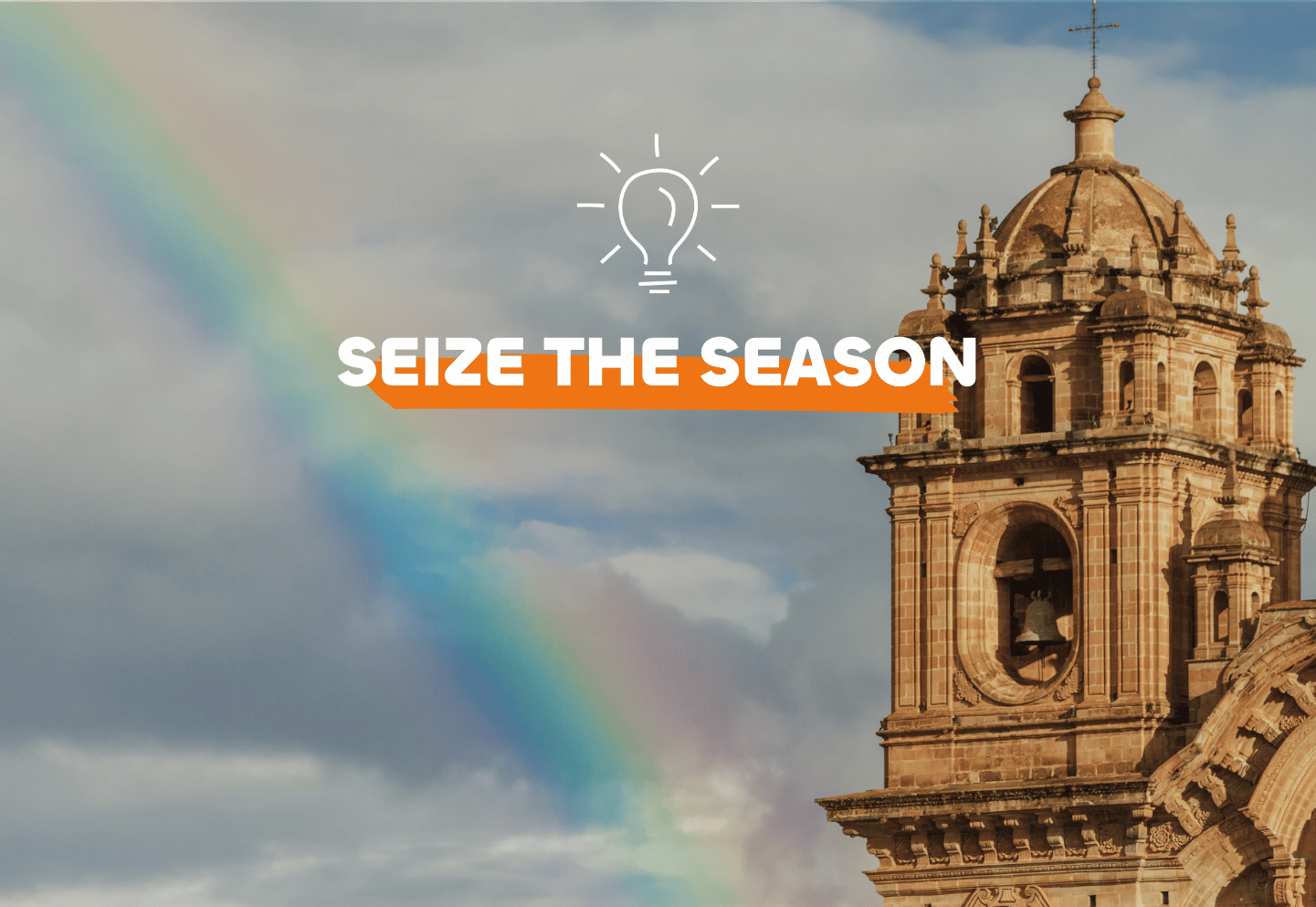

.png)
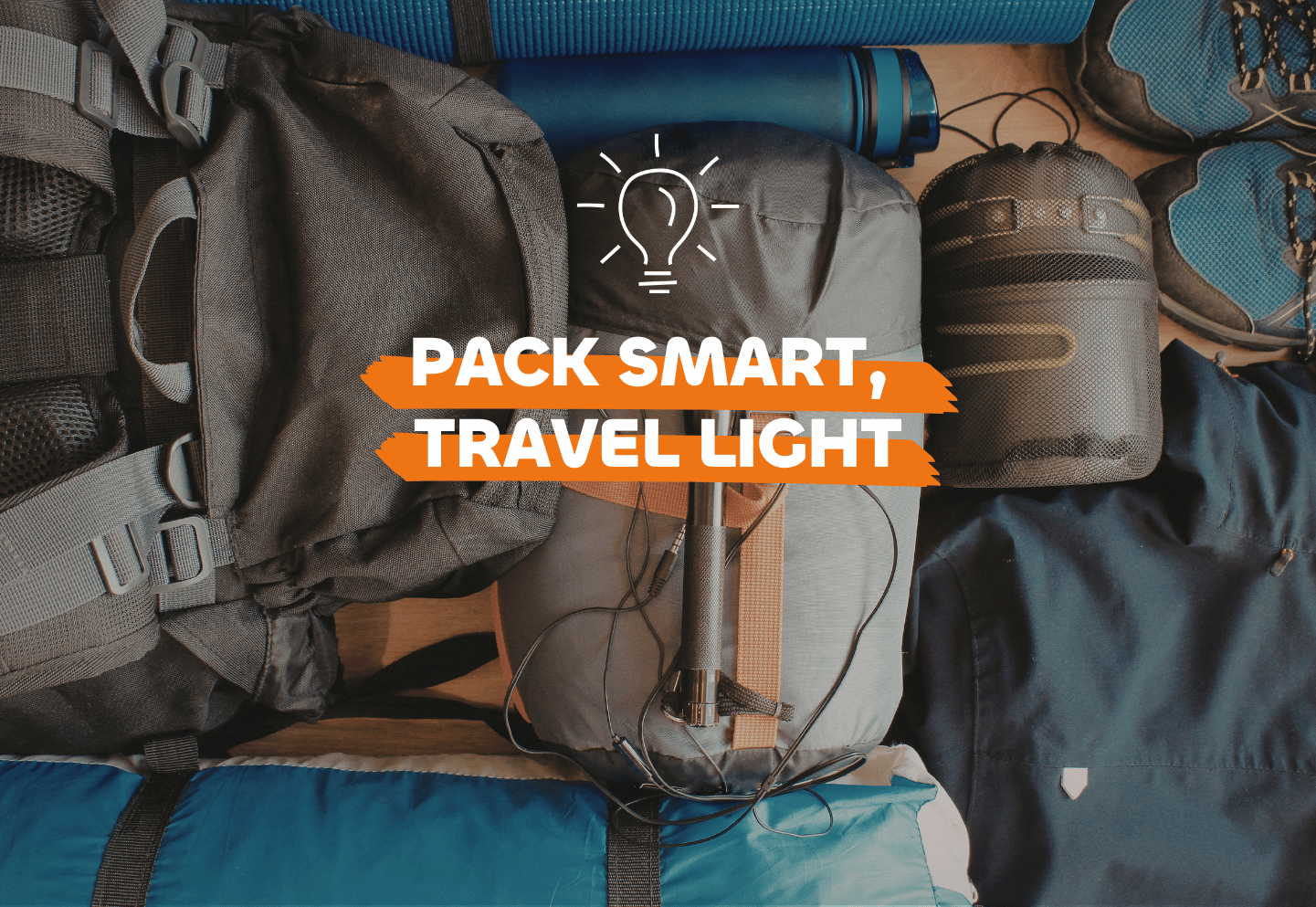
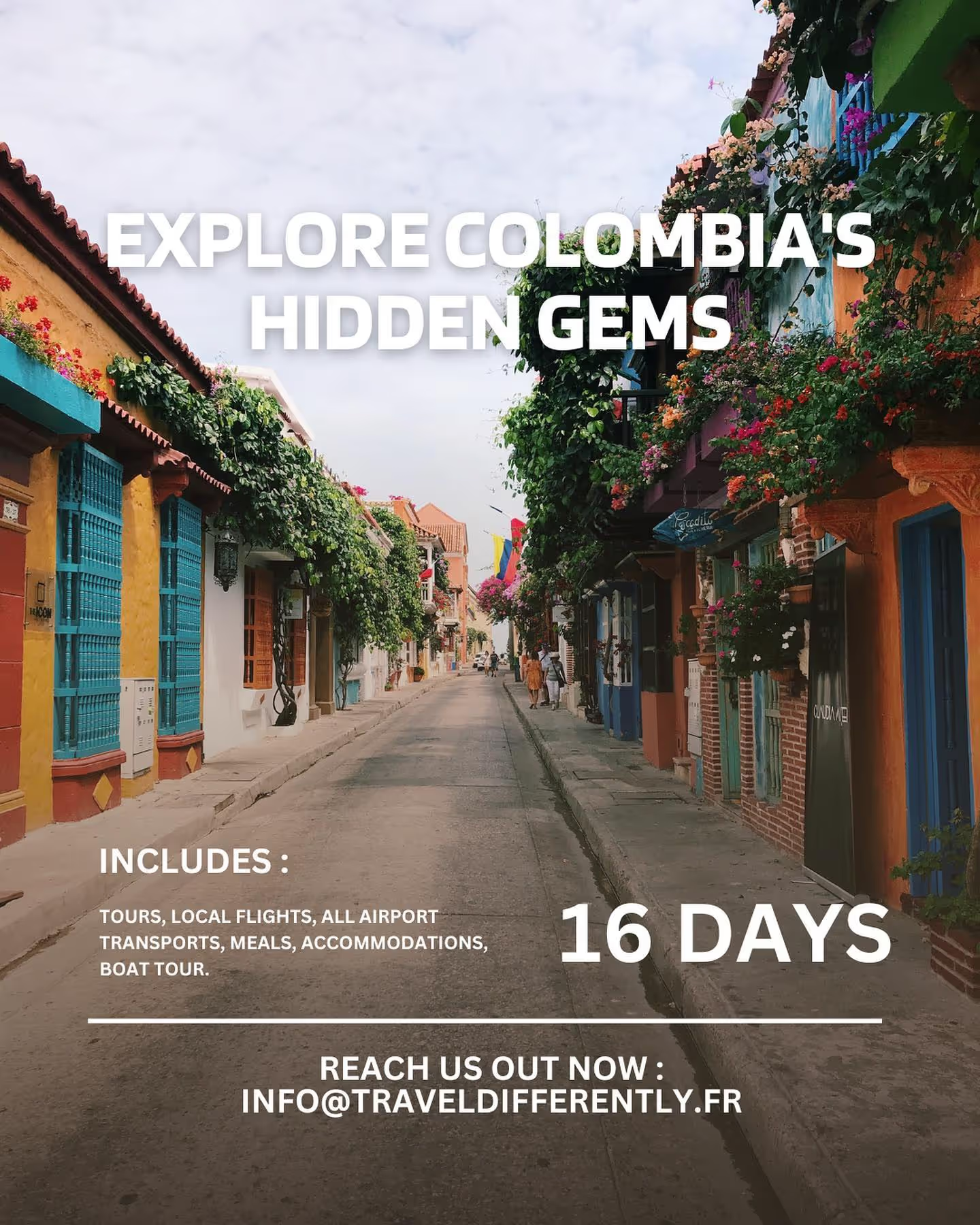
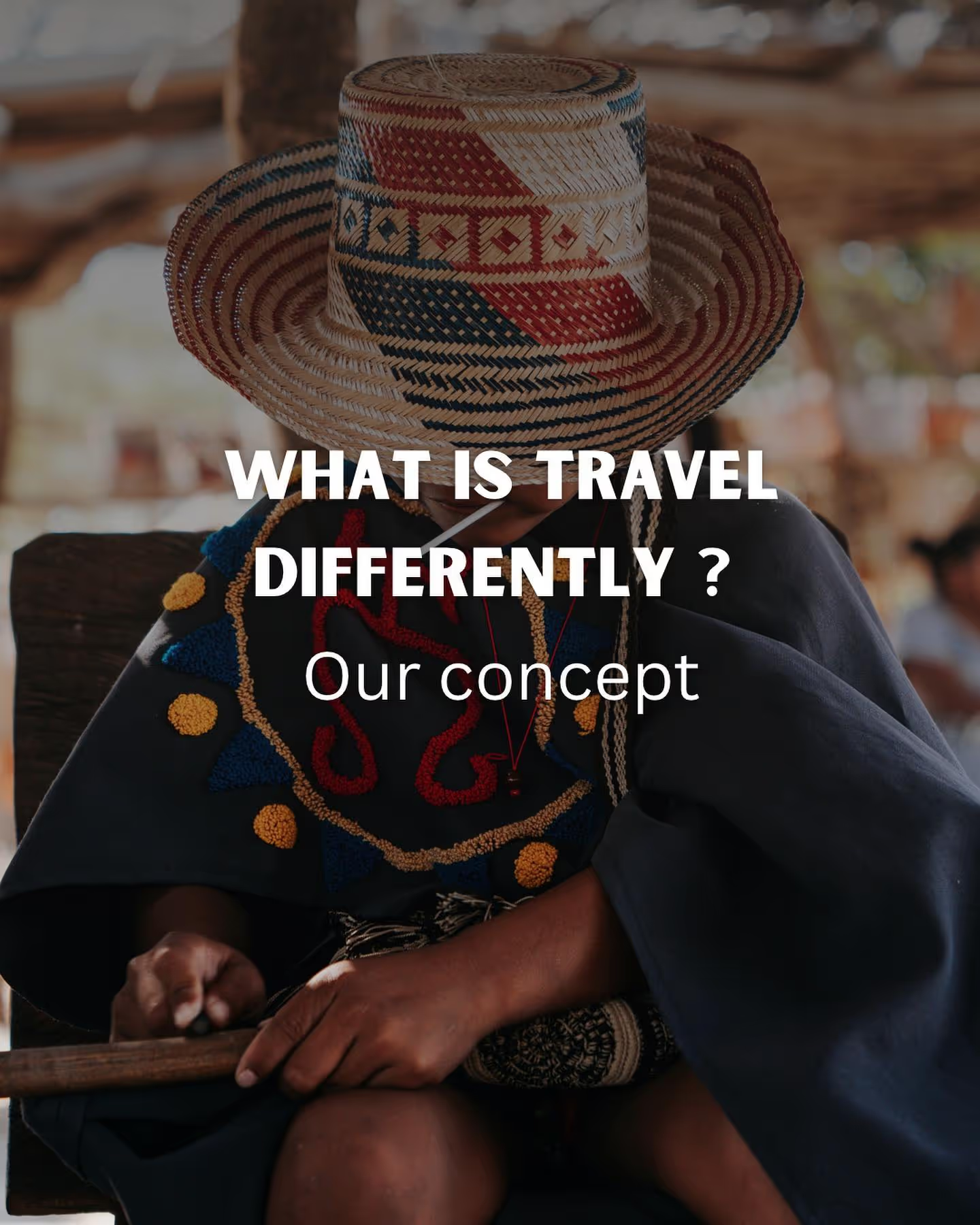
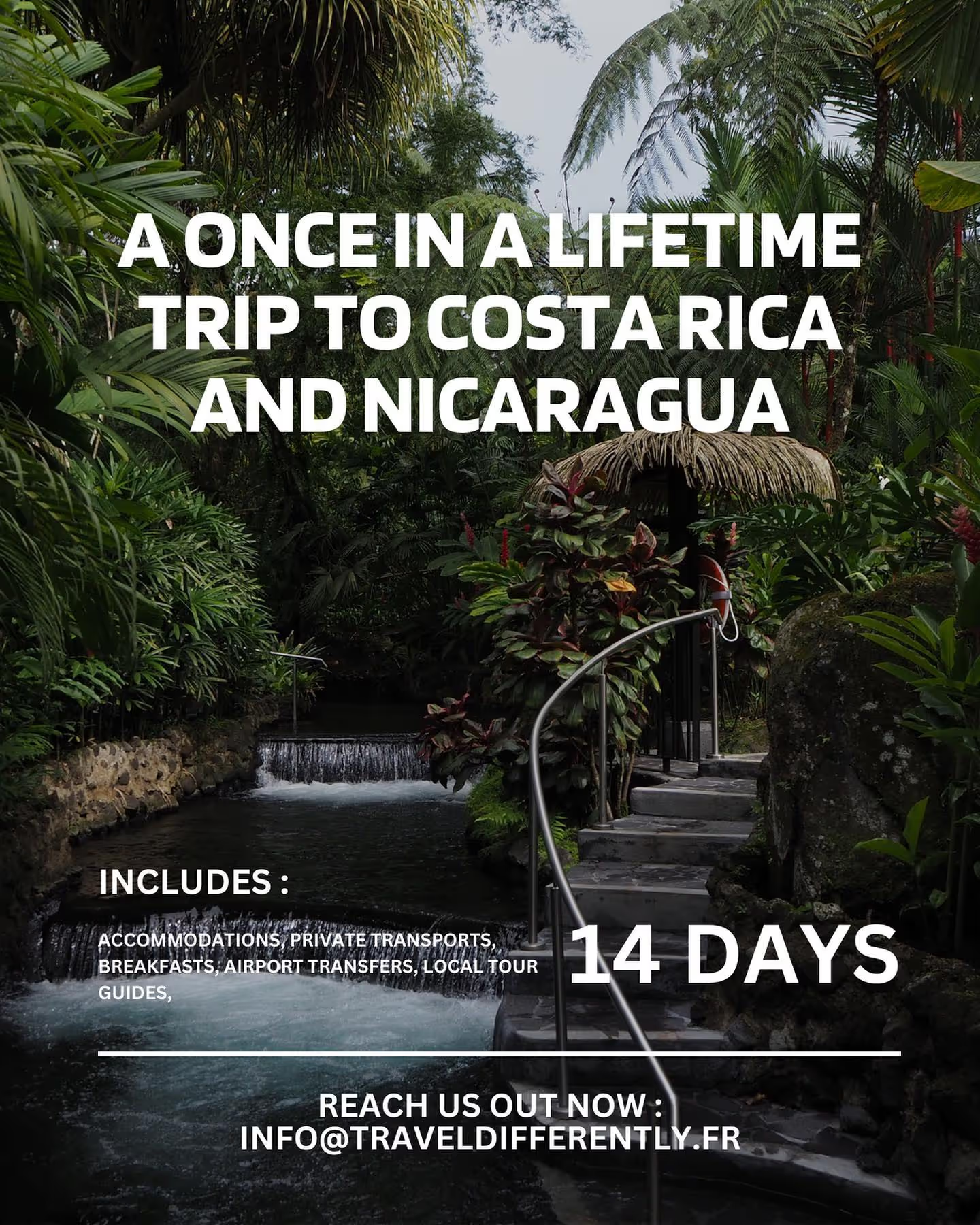





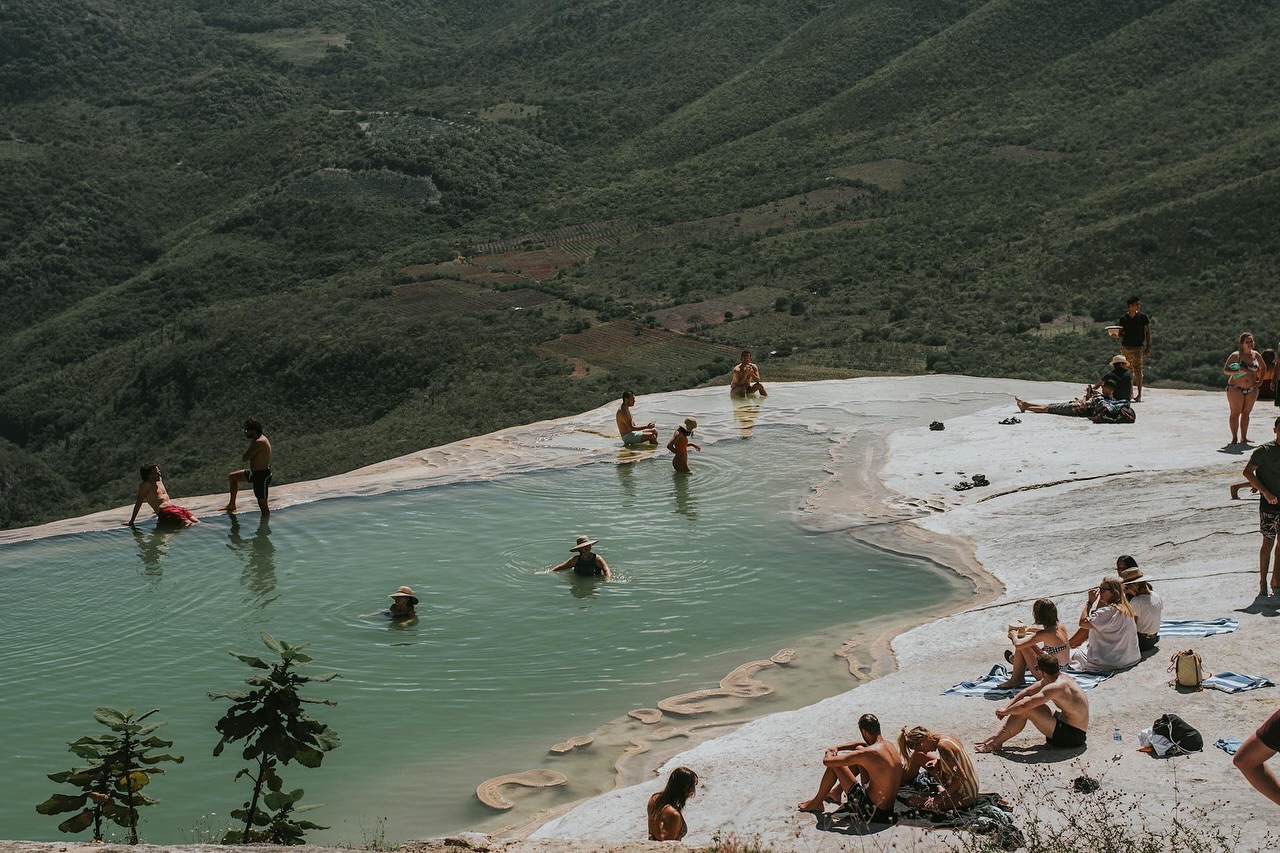
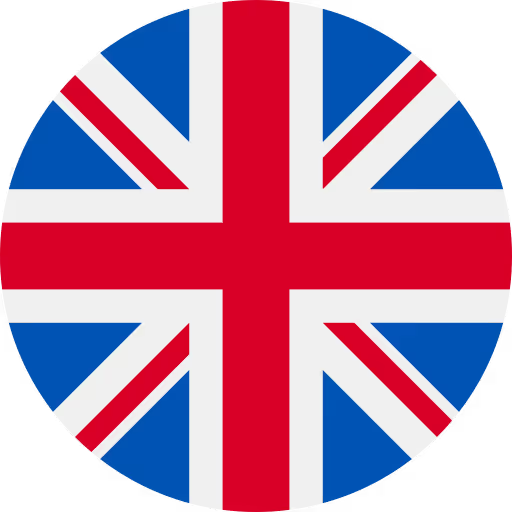
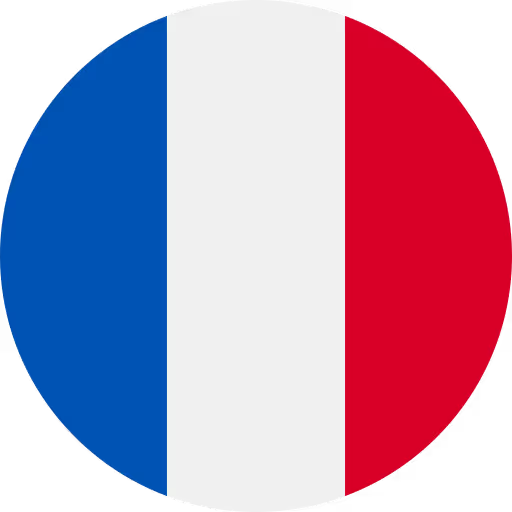
Log in ou Sign up to join the discussion.
Join the discussion
0 comments